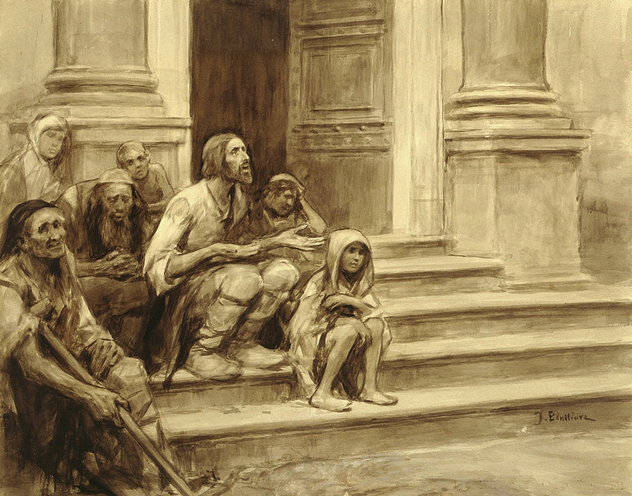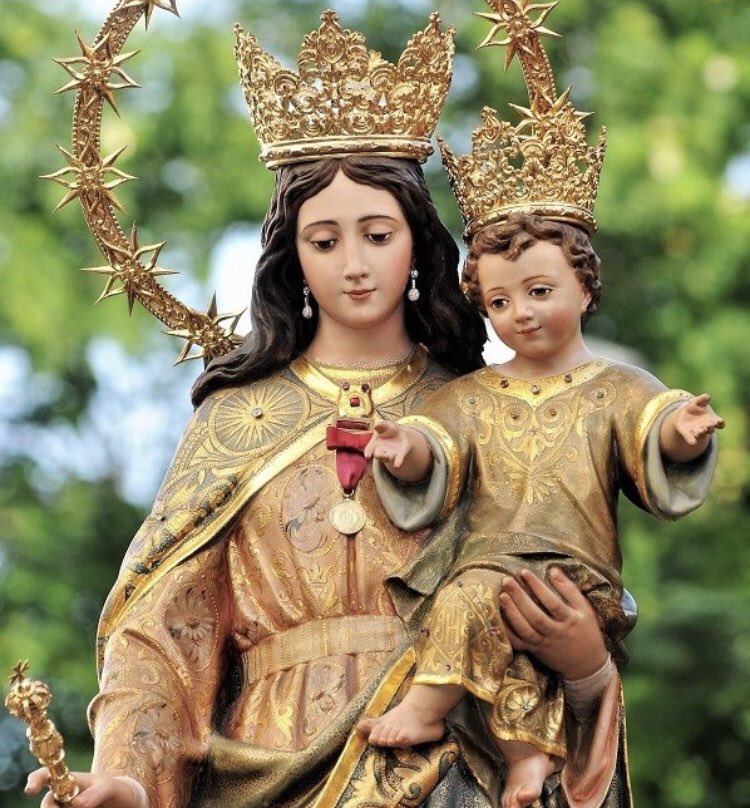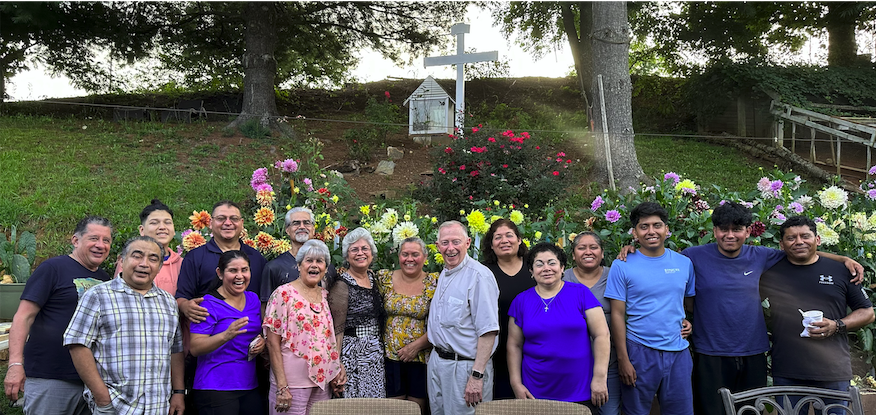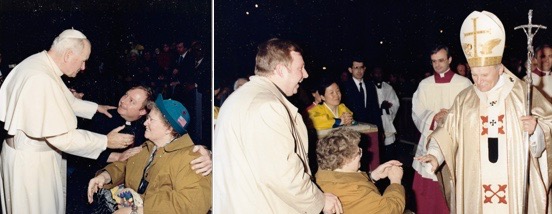These reflections are a result of more than 40 years of ministry as a Roman Catholic priest. Most of these years I spent in the Diocese of Charlotte which covers Western North Carolina. Now I am retired, and live in Medellín, Colombia where I continue to serve as a priest in the Archdiocese of Medellín.

The LORD is a God of justice, who knows no favorites. Though not unduly partial toward the weak, yet he hears the cry of the oppressed. The Lord is not deaf to the wail of the orphan, nor to the widow when she pours out her complaint. (Sir 35:12-14, 16-18)
https://bible.usccb.org/bible/readings/102625.cfm
It’s always distressing when so-called good church people ignore the very Bible they love to quote. As the psalm today reminds us, the Lord hears the cry of the poor. God will not be mocked. There may be a very heavy price to pay indeed. Today’s image is Francis requests alms, sitting among the poor by José Benlliure y Gil (1855–1937). https://youtu.be/w_Q0FjuAUZY?si=zOWSdt3SUG1vBI4E

If the Spirit of the one who raised Jesus from the dead dwells in you, the one who raised Christ from the dead will give life to your mortal bodies also, through his Spirit that dwells in you. (Rom 8:1-11)
https://bible.usccb.org/bible/readings/102525.cfm
The power of the Spirit transforms or mortal body into a dwelling place for God. As we remember the Virgin Mary today we rejoice that through the power and grace of the Holy Spirit she became the Mother of our Savior and invites us to join her hymn of praise of God who lifts up the poor and sends the rich away empty. https://youtu.be/i85XG4OwQ8s?si=FkCgbsU0E6wA_oF7

For I do not do the good I want, but I do the evil I do not want. Miserable one that I am! Who will deliver me from this mortal body? Thanks be to God through Jesus Christ our Lord. (Rom 7:18-25a)
https://bible.usccb.org/bible/readings/102425.cfm
In today’s passage from the Letter to the Romans Paul is speaking about our tendency to do the things we don’t want to do. But Paul doesn’t despair, but rather rejoices in the victory that comes from God’s grace through our Lord Jesus Christ. Today’s picture is an artist’s conception of our Milky Way galaxy. https://youtu.be/oG2Fl8o15W4?si=knRcMdWkxzVgDjD2

Do you think that I have come to establish peace on the earth? No, I tell you, but rather division. From now on a household of five will be divided, three against two and two against three; a father will be divided against his son and a son against his father, a mother against her daughter and a daughter against her mother, a mother-in-law against her daughter-in-law and a daughter-in-law against her mother-in-law. (Lk 12:49-53)
https://bible.usccb.org/bible/readings/102325.cfm
The early Christian community preserved this distressing saying from the Lord because it reflected the real lived experience of communities that had passed through terrible persecution. Many early Christians lost their families of origin when they joined the church, and so they had to become family to one another. In the family of the church we still employ the terms they used for one another: father, mother, sister, brother. https://youtu.be/ZypKcB-w5VY?si=0VKT9pr-1Ww6Vp8I

You also must be prepared, for at an hour you do not expect, the Son of Man will come. (Lk 12:39-48)
https://bible.usccb.org/bible/readings/102225.cfm
As we come to these final weeks of the liturgical year, we begin to hear more words about being prepared for the coming of the Son of Man. My mother and I were privileged to meet Pope John Paul II twice when we visited Rome: in the Audienza following the general audience on January 18, the beginning of the Week of Prayer for Christian Unity, and one week later, January 25, the feast of the Conversion of Saint Paul at the Basilica of Saint Paul Outside the Walls. https://youtu.be/srCwBJ0-ZY0?si=gZn6Uf3mSai-p1PT



